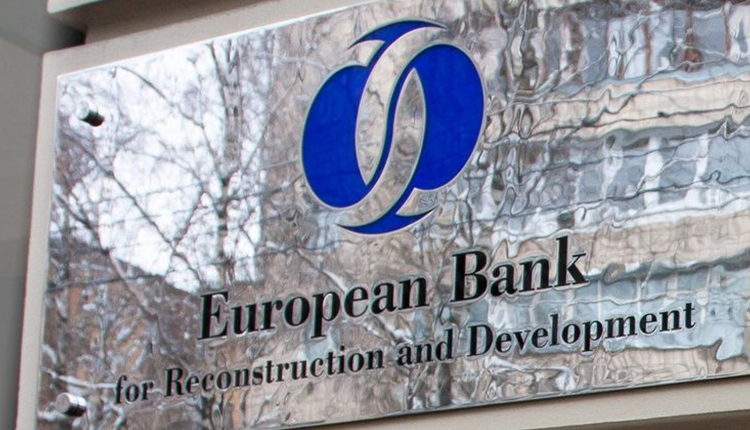Egypt has received a $200 million loan from the European Bank for Reconstruction and Development (EBRD) to strengthen agribusinesses and help local farmers adopt climate-smart agriculture practices.
The move is part of the country’s efforts to promote sustainable agriculture through enhanced multilateralism.
As one of the only five economies across the Eastern Mediterranean, Eastern Europe, and the Black Sea region to receive the loan, the EBRD aims to help transform Egypt’s agriculture value chain into “smart farming” through new methodologies that include climate-related risk management and stress testing.
The loan will also strengthen farmers’ agribusinesses and improve their financial wellbeing through financing purchases of various agricultural commodities such as hazelnuts, dry dairy products, grain, and onions in selected countries of operation.
This comes in light of the coronavirus pandemic, which has multiplied the threats to food security across many levels, particularly due to the weakening of food supply chains and the instability caused by climate change.
According to Egyptian Minister of International Cooperation Rania Al Mashat, this demands a coordinated and collaborative approach to maximise impact and benefit from the technical assistance provided by multilateral institutions.
To strengthen Egypt’s inclusive multilateral engagement with development partners, the Ministry of International Cooperation launched its first agriculture multi-stakeholder platform in July 2020, which discussed the implications of the coronavirus pandemic on the agricultural sector and food security.
The Ministry’s Global Partnerships Narrative focuses on three main pillars: ‘People at the Core’, ‘Projects in Action’, and ‘Purpose as the Driver’ to help achieve the Sustainable Development Goals (SDGs) agenda.
Following this strategy, the ministry held a current portfolio of 13 projects worth $545.42 million, which have reached over 1.5 million beneficiaries that include both men and women across 27 governorates and provide 15,000 job opportunities.
To achieve the targets of SDG Goal (1) to eradicate poverty, this project will ensure that all men and women, including poor and the vulnerable, have equal rights to economic resources and appropriate new technology.
It will also achieve Goal (2) of zero hunger, Goal (5) for gender equality, and Goal (8) for employment and decent work through doubling agricultural productivity and incomes of small-scale food producers, in particular women, and implementing resilient agricultural practices.
Finally, it will also help achieve SDG Goal (13) to tackle climate change through promoting mechanisms for effective climate change-related planning and management, particularly for women, youth, and local and marginalised communities.
Egypt is a founding member of the EBRD, which has invested over €6.5 billion in 116 projects that cover all sectors of the economy, from infrastructure to manufacturing and services, and from agribusiness to banking and capital markets.
